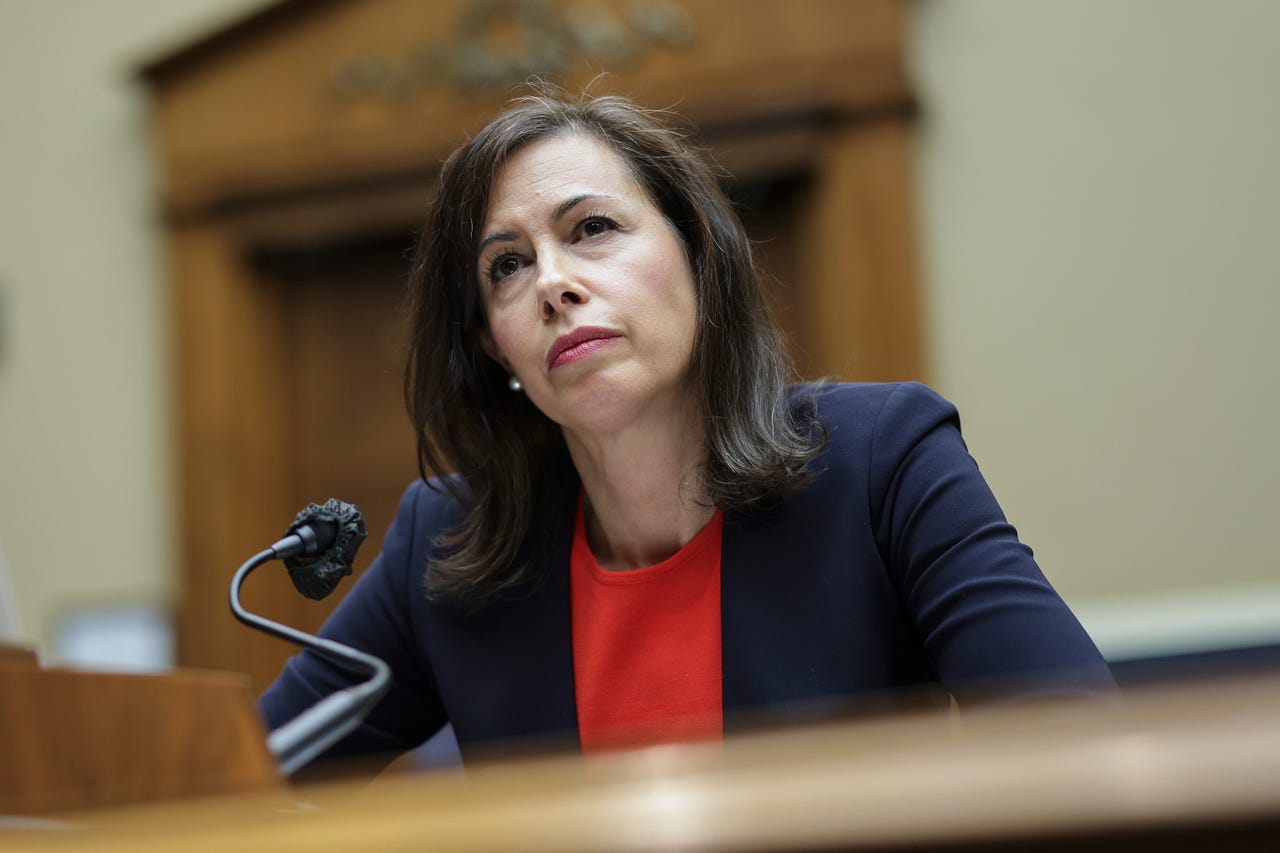The FCC restores net neutrality - here's what it means for the internet


The decision, overseen by FCC Chair Jessica Rosenworcel, marks a significant policy reversal from the Trump administration's deregulatory stance.
Seven years ago, the Federal Communications Commission (FCC), under President Donald Trump's hand-picked Chair Ajit Pai, a former Verizon in-house lawyer, killed off net neutrality. In a decisive move, the now Democrat-controlled FCC has restored net neutrality rules along a 3-2 party-line vote.
Also: How to see if your internet provider is overcharging you (or delivering slower speeds)
Overseen by FCC Chair Jessica Rosenworcel, the FCC has reinstated rules ensuring equal treatment for all internet traffic, marking a significant policy reversal from the Trump administration's deregulatory stance. The restored rules aim to ensure that broadband internet remains devoid of any preferential treatment or restrictions by internet service providers (ISPs).
Net neutrality seeks to ensure all internet traffic is treated equally, without discrimination. The policy means that ISPs shouldn't be allowed to speed up, slow down, or block access to specific websites or online services. Net neutrality aims to ensure that the internet remains a level playing field for everyone.
Net neutrality has been a vital component of the internet's operation for decades. Indeed, the basic concept of all ISPs sharing bandwidth equally and equitably dates back to the Commercial Internet Exchange (CIX), which made way for today's internet.
Specifically, the return of net neutrality in the US means, according to the FCC, that ISPs "will again be prohibited from blocking, throttling, or engaging in paid prioritization of lawful content." This is the formation of a national policy standard to "ensure that broadband internet service is treated as an essential service."
According to the FCC, these changes also mean that the agency can now play an active role "when workers cannot telework, students cannot study, or businesses cannot market their products because their internet service is out."
Rosenworcel also said the FCC can now stop ISPs from selling Americans' personal data or sharing it with tech companies to train artificial intelligence (AI) models. This does not mean, however, that the FCC will be "policing online speech. On the contrary, freedom of speech will be enhanced by open internet protections, because they will prevent broadband providers from blocking or disfavoring any type of online speech."
Also: Net neutrality: What it is and why we're talking about it again
In an oral dissent, FCC commissioner Brendan Carr called this policy shift nothing more than a "power grab." He wasn't the only one. Republican politicians, including House Energy and Commerce Committee Chair Cathy McMorris Rodgers and Senator Ted Cruz, also labeled the plan an "illegal power grab." They argue that it subjects the broadband industry to burdensome regulations, which could include rate regulations and other restrictive measures.
Other critics of the return of net neutrality, such as the US Chamber of Commerce, agree. The Chamber lambasted the recent FCC decision, claiming it re-imposes an antiquated regulatory framework on a modern broadband landscape, potentially hampering future technological investments and innovation.
Conversely, public interest advocates like Free Press heralded the move as a pivotal victory for consumers, empowering the FCC to keep major ISPs like AT&T, Comcast, and Verizon accountable for any detrimental practices affecting internet users.
"This is a huge victory for the public interest," Free Press said in a statement. "The agency now has the ability to protect the free and open internet -- and to track service outages, protect internet users from ISPs' privacy invasions, promote broadband competition and deployment, and take action against hidden junk fees, data caps, and billing rip-offs."
Also: The best business internet providers
Some tech organizations, such as the Computer & Communications Industry Association (CCIA), which includes tech giants such as Amazon, Apple, Alphabet, and Meta, have voiced support for the restored net neutrality rules. The CCIA's chief of staff and SVP Stephanie Joyce said the "CCIA applauds and thanks the FCC for restoring the light-touch but necessary Open Internet rules that will give broadband internet access subscribers the protections that Congress established for all users of telecommunications."
This issue is far from settled. The battle for net neutrality will now be played out in the courts and the ballot boxes.